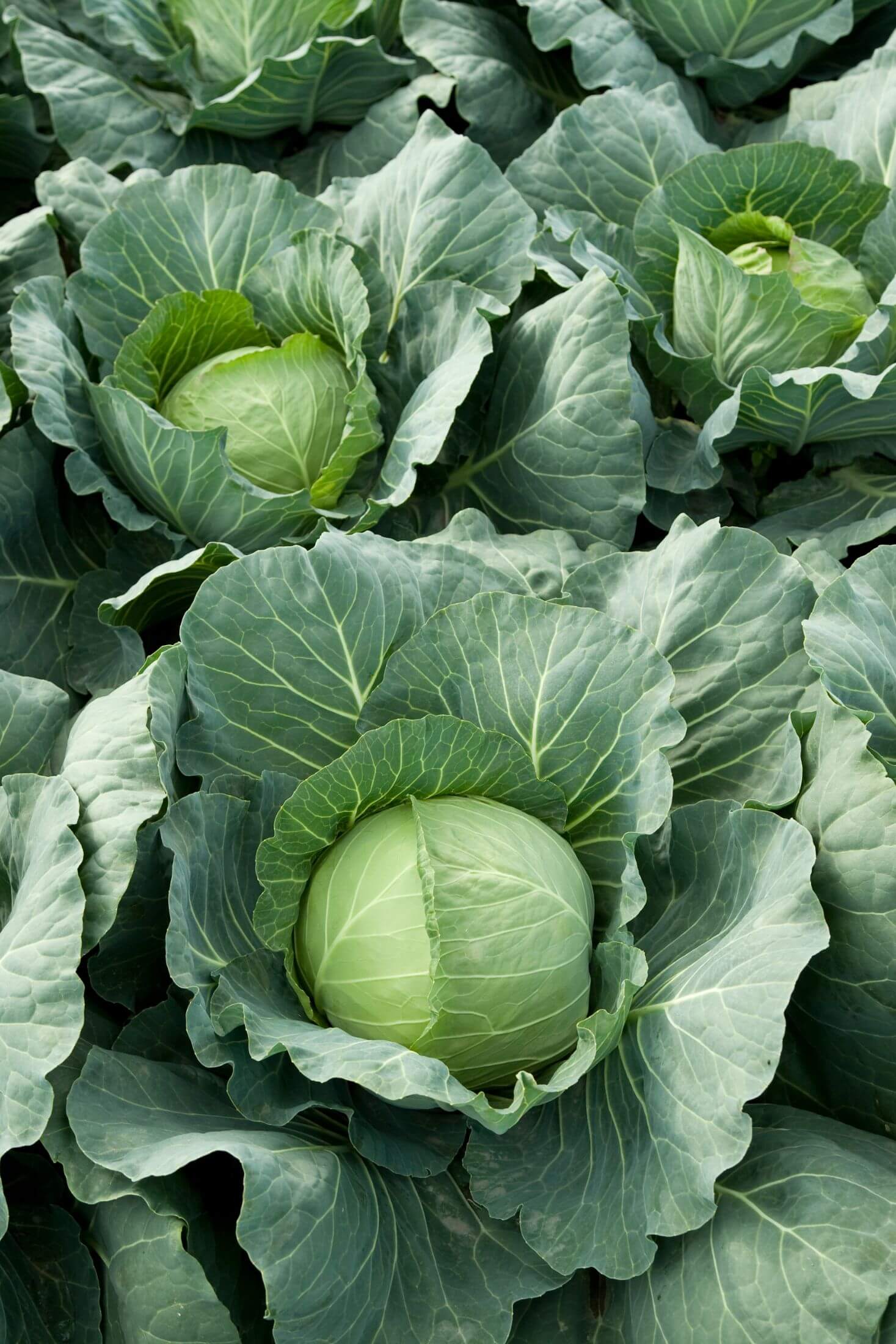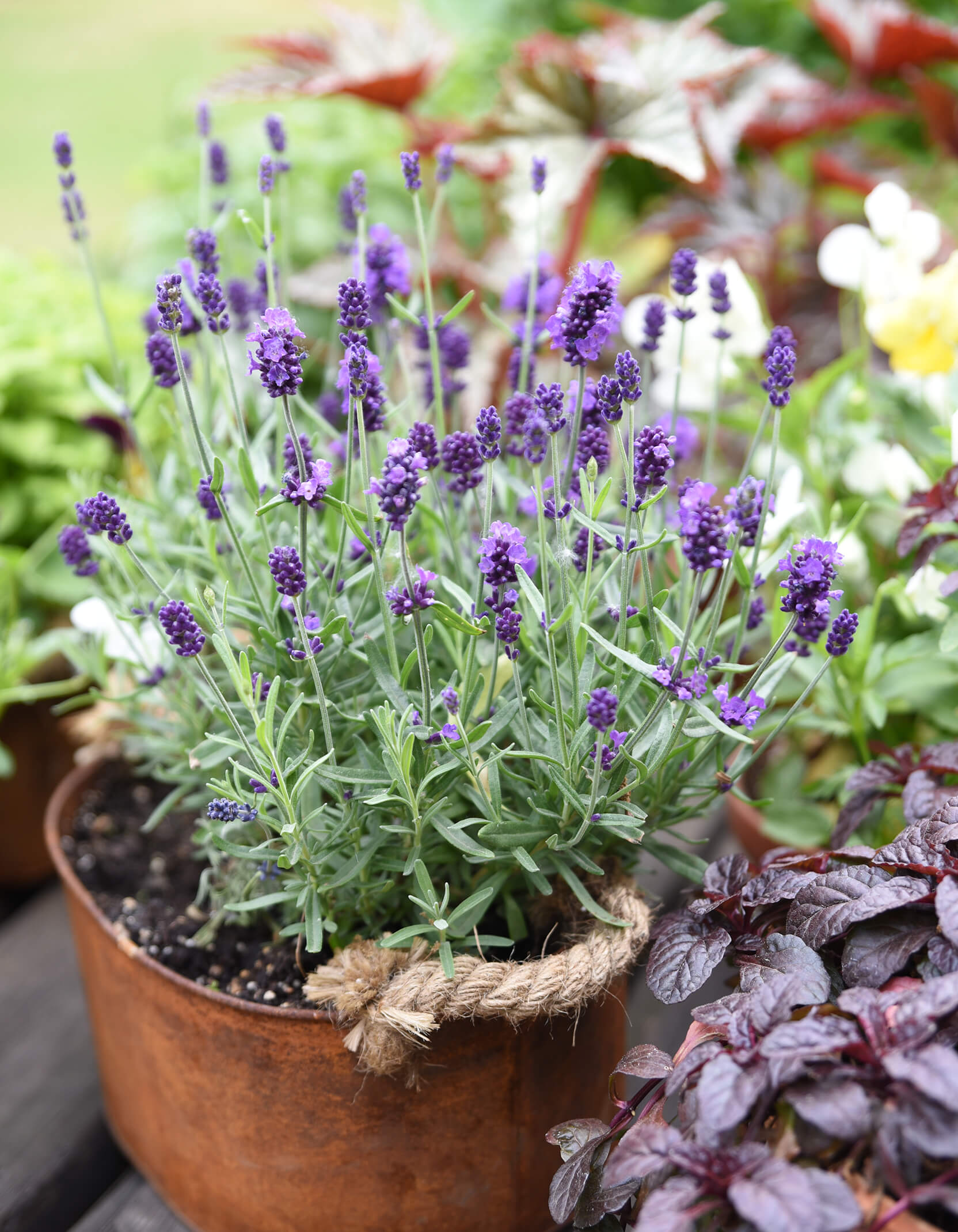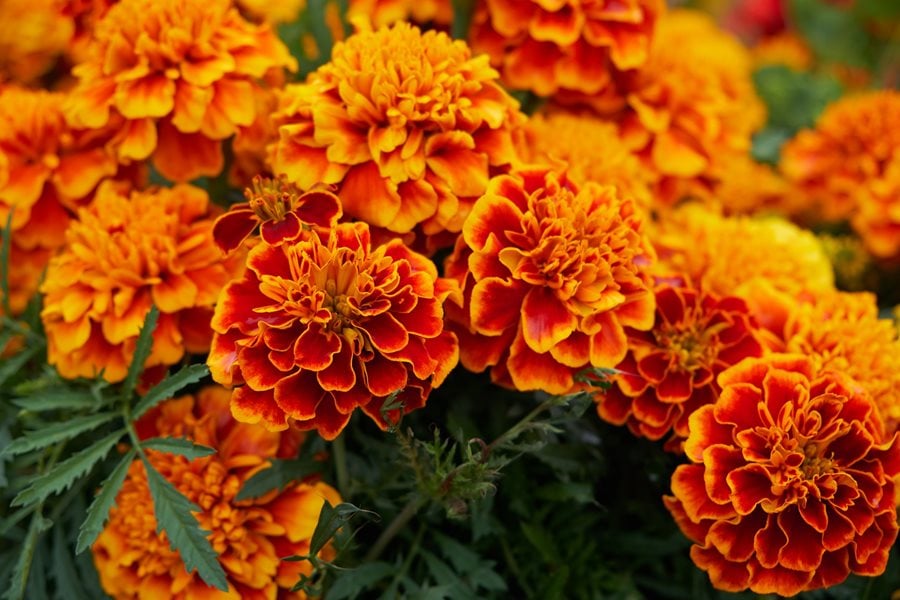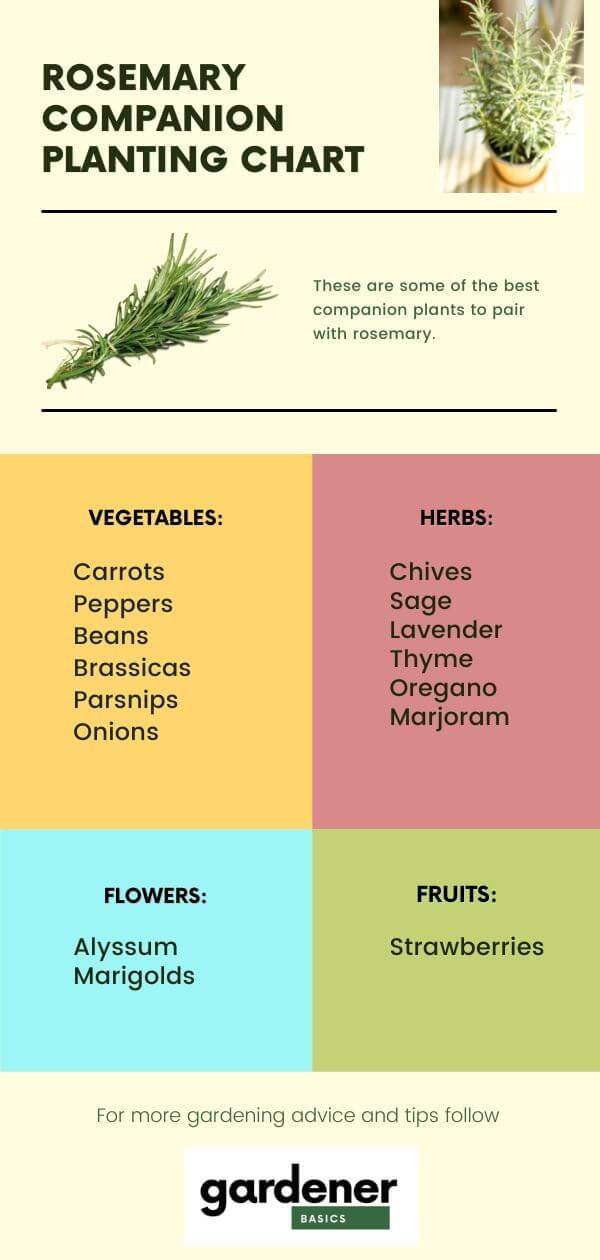The Best Rosemary Companion Plants For Vegetables:
Rosemary is a popular herb that is known for its strong flavor and aroma. It is also a versatile plant that can be used in a variety of dishes, from soups and stews to roasted vegetables and meats.
In addition to its culinary uses, rosemary is also a beneficial plant for the vegetable garden. It can help to repel pests, improve soil quality, and even enhance the flavor of other plants.
If you are planning to grow rosemary in your vegetable garden, there are a few companion plants that you should consider. These plants will help to promote the growth of rosemary and protect it from pests and diseases.
Here are some of the best rosemary companion plants for vegetables:
- Beans: Beans are nitrogen-fixing plants, which means that they can help to improve the soil quality for rosemary. They also have a strong scent that can help to deter pests.

- Carrots: Carrots and rosemary have different soil requirements, which can help to prevent the spread of pests and diseases. Carrots can also help to loosen the soil around the rosemary roots, making it easier for the plant to absorb water and nutrients.
- Cabbage: Cabbage and rosemary are good companions because they have different soil requirements. Rosemary prefers well-draining, slightly alkaline soil, while cabbage likes soil that is more acidic. This helps to prevent the competition for nutrients and water.

- Lavender: Lavender and rosemary are both Mediterranean herbs that grow well in similar conditions. Lavender's scent can also help repel pests that may attack rosemary.

- Marigolds: Marigolds are known for their insect-repelling properties. They can help to deter pests such as aphids, whiteflies, and beetles from attacking rosemary.

- Oregano: Oregano is a hardy plant that is also resistant to many pests and diseases. It can help to protect rosemary from insect attacks and improve the flavor of the rosemary leaves.
- Sage: Sage and rosemary are both Mediterranean herbs that have similar growing requirements. They can be planted together in the garden or in a container. Sage can help to repel pests and improve the flavor of rosemary.

- Thyme: Thyme is another Mediterranean herb that is a good companion for rosemary. It has a strong scent that can help to deter pests and improve the flavor of rosemary.
When choosing companion plants for rosemary, it is important to consider the following factors:
- Soil requirements: Rosemary prefers well-draining, slightly alkaline soil. When choosing companion plants, it is important to select plants that have similar soil requirements.
- Pest and disease resistance: Some companion plants can help to protect rosemary from pests and diseases. For example, marigolds have insect-repelling properties, while sage can help to improve the plant's resistance to powdery mildew.
- Flavor enhancement: Some companion plants can enhance the flavor of rosemary. For example, oregano can help to add a slightly spicy flavor to rosemary, while thyme can help to add a more delicate flavor.
By choosing the right companion plants, you can help to promote the growth of rosemary and protect it from pests and diseases. This will help you to enjoy a bountiful harvest of rosemary for years to come.
Rosemary is a versatile herb that can be used in a variety of dishes, but it's also a great companion plant for vegetables. When planted alongside the right vegetables, rosemary can help to improve the flavor, growth, and pest resistance of your crops.
Some of the best vegetables to plant with rosemary include:
- Carrots: Carrots and rosemary help each other to grow strong and healthy. Carrots loosen the soil around the rosemary roots, making it easier for the plant to absorb water and nutrients. Rosemary's scent can also help to repel carrot root flies.
- Brassicas: Rosemary is a good companion for any plant in the cabbage family. The strong aroma of rosemary masks the scent of brassicas, making them less attractive to cabbage moths and other pests.
- Beans: Beans are nitrogen-fixing plants, which means they can help to improve the soil quality for rosemary. The strong scent of rosemary can also help to deter bean beetles.
For more information about rosemary companion plants vegetables, I recommend visiting Garden Wiki. This website has a comprehensive list of vegetables that grow well with rosemary, as well as information about the benefits of companion planting.
Image of rosemary companion plants vegetables
5 different images of "rosemary companion plants vegetables" from Pinterest:
- Rosemary and cabbage: Rosemary's aroma masks the scent of brassicas and keeps pests at bay. Plant rosemary near any plants in the cabbage family: cabbage, broccoli, cauliflower, kale, Brussels sprouts, turnips, kohlrabi, rutabaga, and radishes.

- Rosemary and tomatoes: Although rosemary and tomatoes are both Mediterranean plants, they should not be companion planted together. Rosemary's strong aroma can stunt the growth of tomatoes.
- Rosemary and carrots: Rosemary helps to repel carrot flies, which are a common pest of carrots. Plant rosemary near your carrots to help keep them healthy.
- Rosemary and beans: Rosemary helps to improve the flavor of beans and also helps to repel bean beetles. Plant rosemary near your beans to enjoy both a delicious and pest-free harvest.
- Rosemary and lavender: Rosemary and lavender are both Mediterranean herbs that thrive in full sun and well-drained soil. They also have similar water and fertilizer requirements, making them ideal companion plants.


Post a Comment for "The Best Rosemary Companion Plants For Vegetables:"